A genetically engineered strain of yeast is reducing the amount of carbon dioxide produced during the production of ethanol biofuels.
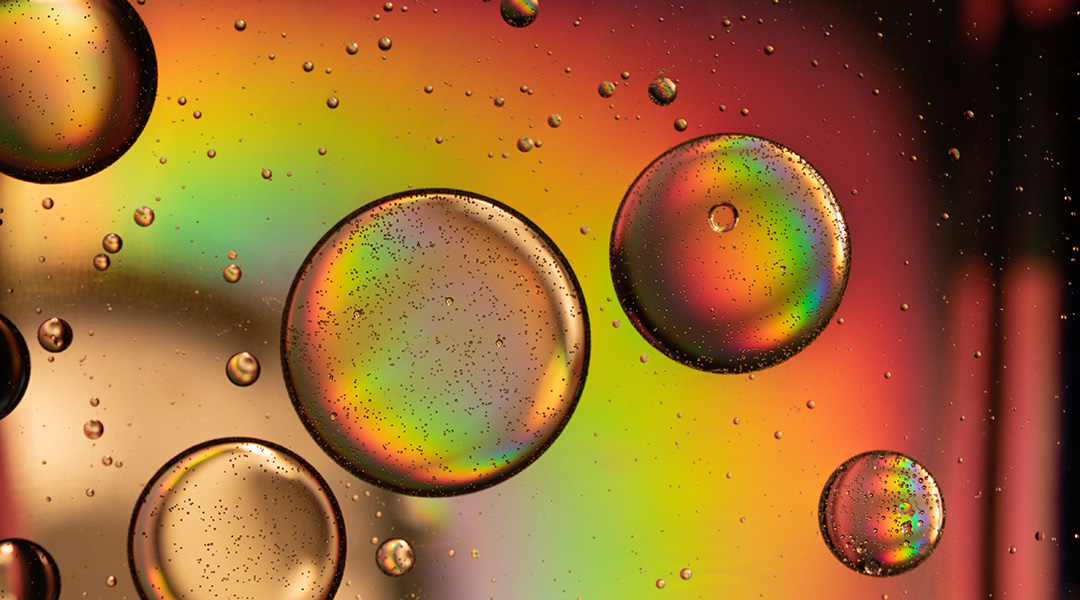

A genetically engineered strain of yeast is reducing the amount of carbon dioxide produced during the production of ethanol biofuels.
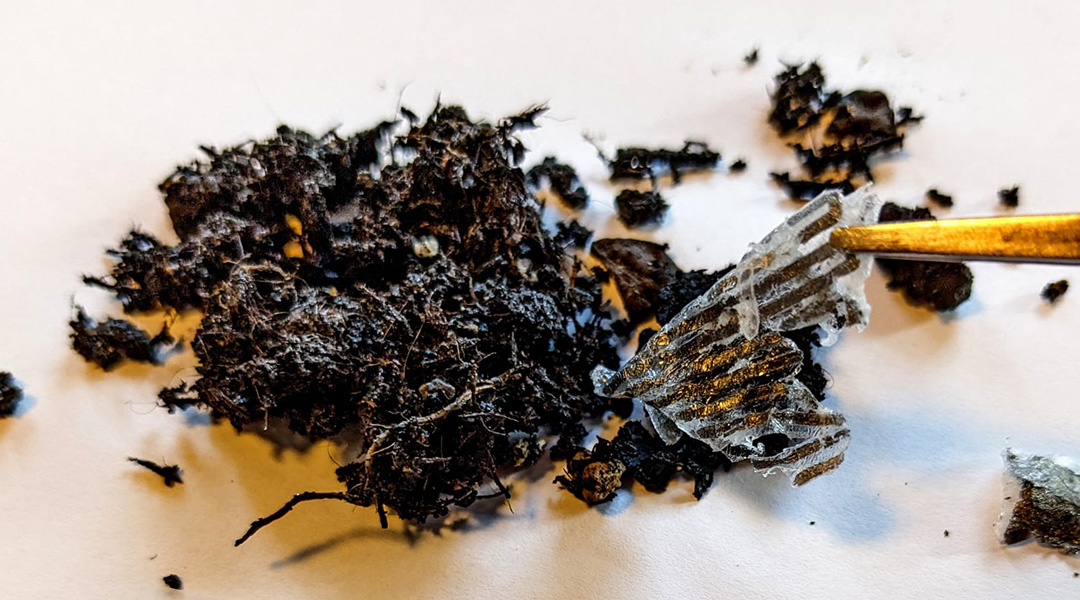
Discover how cellulose may revolutionize flexible electronics, replacing plastics in eco-friendly, sustainable substrates for innovative devices.
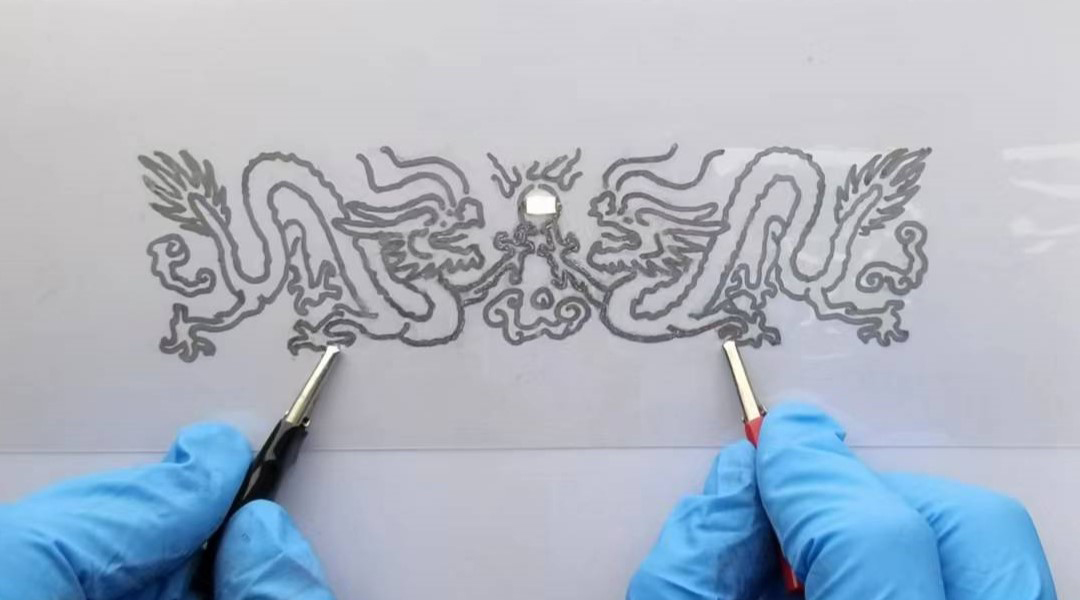
A liquid metal encapsulated within bio-based shells allows researchers to “draw” functioning electronic circuits with ease.
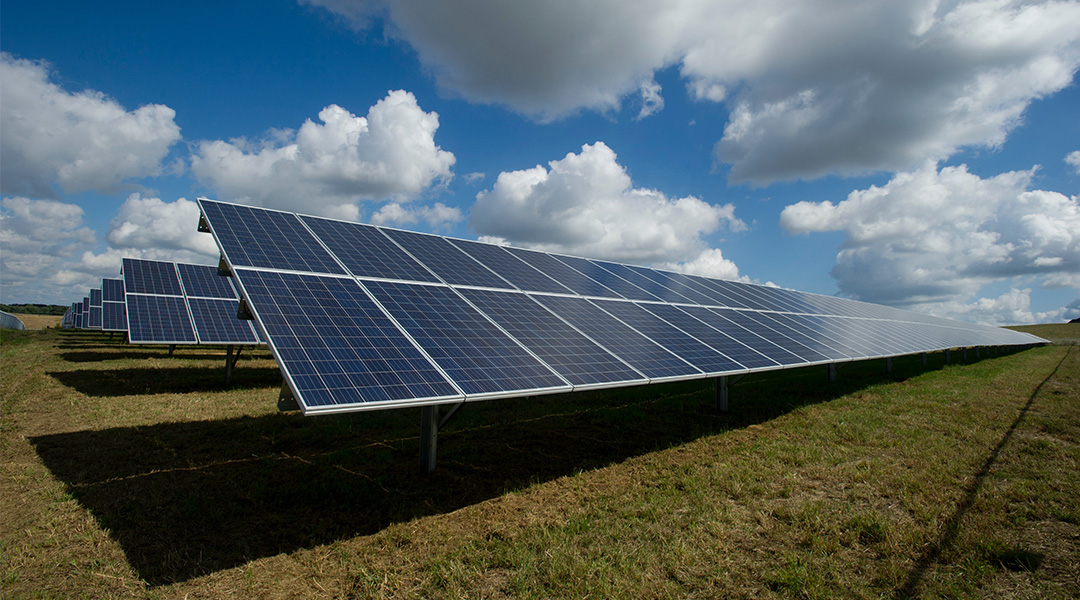
Autonomous materials laboratories and the research communities that build them will be crucial to achieving our climate goals.

Scientists convert waste coffee husks into cellulose fibers and films with potential applications in textiles and biodegradable products.

This cost-effective solar evaporation device could supplant lengthy and expensive filtration systems normally used in wastewater treatment.

A textured film maximizes sunlight by generating an increased amount of red light, reducing the costs of algae production on a significant scale.
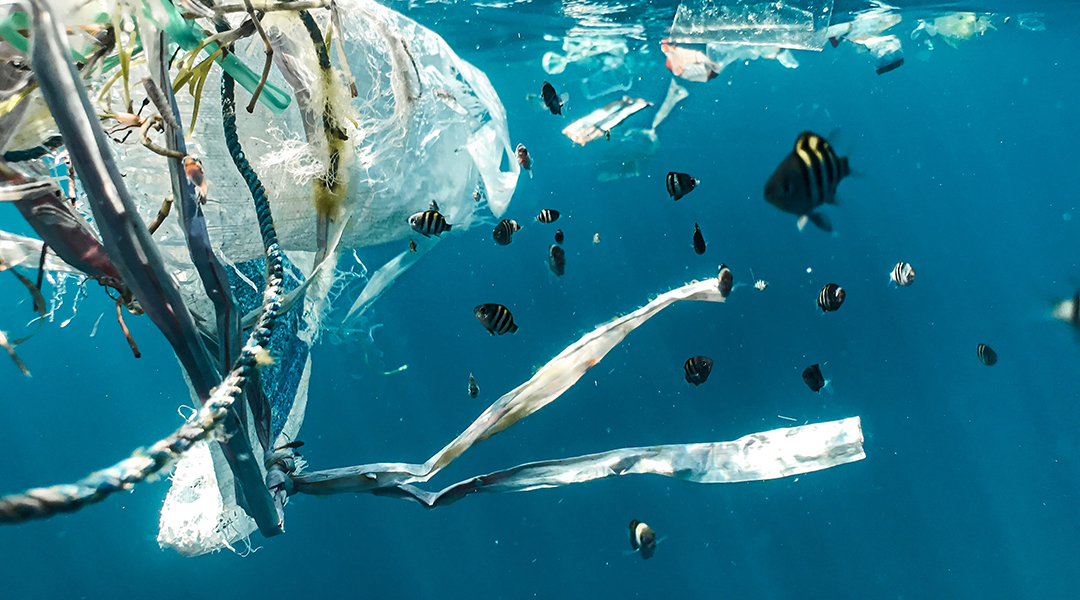
A new study looked at the extent to which plastics can be recycled using mechanical methods, finding good and bad news.

An innovative photoreactor concept achieves commercially viable performance indicators for a broad variety of solar-driven reactions.
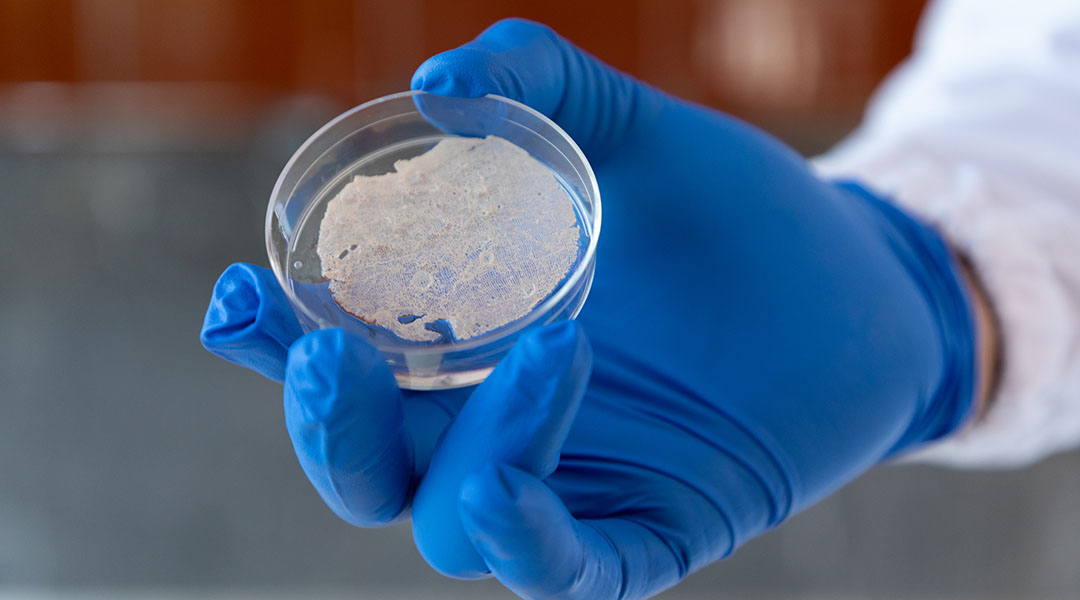
Using plant proteins derived from crop waste and spent grains adds new dimension to sustainable lab-grown meats.